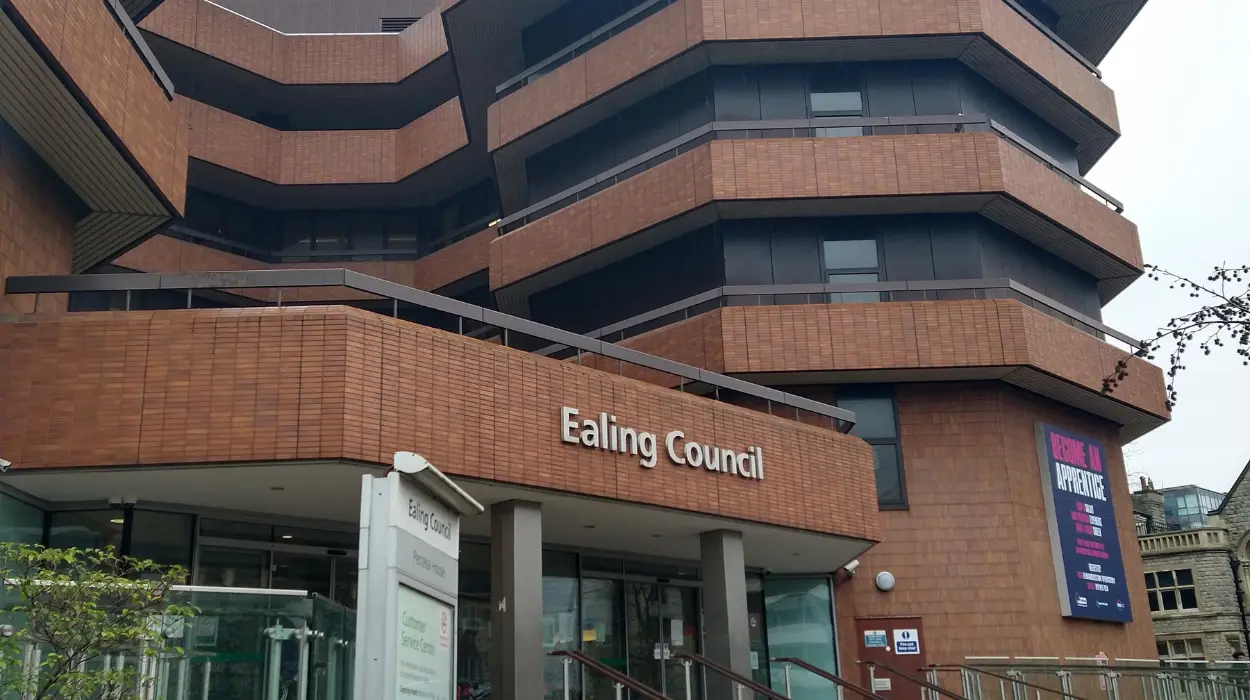Ealing (Parliament Politics Magazine) – A late-night sushi restaurant in Ealing has been approved by council planners, despite strong objections from residents over potential noise and disruption.
As reported by Harrow Online,on Wednesday, May 7, the Ealing Council Licensing subcommittee granted the application, and a new restaurant is scheduled to open in West London.
On weekends, the North Acton location will sell alcohol and have live music until one in the morning.
The location of the new restaurant, Casa, which was formerly a shisha bar, is located at 165 Dukes Road. The committee was informed by the new operator, who has no affiliation with the previous operators, that it has spent more than £200,000 on venue improvements.
“Ghost Hospitality Group,” a business led by Arshad Iftikhar, is the new operator. Nonetheless, a seasoned restaurateur who oversees a location in Chertsey will run the “upscale” sushi restaurant.
Residents and council members had a number of concerns, primarily over the possibility of noise. A resident informed the committee that they had “been suffering for 14 years” as a result of noise from various venue operators.
The new operator has installed a roof over the old outdoor spaces to keep people within 45 meters from being disturbed and installed sound limiters to lessen noise pollution in an attempt to calm the locals.
Residents told the committee that the former location, a shisha bar, which was legally required to be at least 50% open, caused a disruption because of their close proximity to the establishment.
Councilman Jonathan Oxley of Hangar Hill raised a number of objections to the proposal. The position, which is 45 meters from residences and on an industrial site, struck him as “very strange,” he told the committee.
The impact of noise can be lessened by managing patron behavior and venue management, such as regulating music volume, restricting outside activities, monitoring customer flow, and making sure closing times are orderly.
To properly monitor and reduce noise emissions, businesses can be obliged to carry out noise assessments and put continuous noise management strategies into place.
He added:
“I know that many of the residents do have young children, some trying to study. It really can not be right that there is a restaurant 45 meters from there playing loud music with loud people.”
Casa representatives reaffirmed the eatery’s dedication to cultivating positive relationships with the community.
A consultant with Ghost Hospitality Group named Mr. Samaru claimed to “sympathize” with the locals, but he also reminded them that the operators had no affiliation with the former administration.
At first, Casa applied for a license that would allow the restaurant to stay open until 3 a.m. on weekends and serve alcohol and live music until 2 a.m.
However, restaurant representatives volunteered to shorten the hours when locals and council members voiced their worries.
Members were “convinced” by the operator, and the panel authorized the operation. On Friday and Saturday, the restaurant will be open until 1:30 am, and on Sunday through Thursday, it will be open until 1 am.
What measures are in place to mitigate noise concerns from late night businesses in Ealing?
Environmental noise standards, which establish the maximum permissible noise levels, must be followed by businesses, particularly in residential districts and other noise-sensitive locations.
These restrictions vary by region and time of day and are frequently more stringent at night. Regulators, such as environmental protection organizations and municipal councils, keep an eye on compliance and have the authority to take enforcement action if noise levels surpass allowed limits.
To reduce noise, local governments place restrictions on planning permits and commercial licenses. These could include limitations on outdoor noise, operation hours, noise management plan requirements, and duties to employ noise-reducing tools or techniques.
The installation of sound-absorbing materials, such as wall panels, ceiling tiles, and soft furnishings, minimizes sound fleeing the building and lessens internal noise reverberation.
Noise transmission can be stopped or absorbed by erecting enclosures around noisy equipment.


